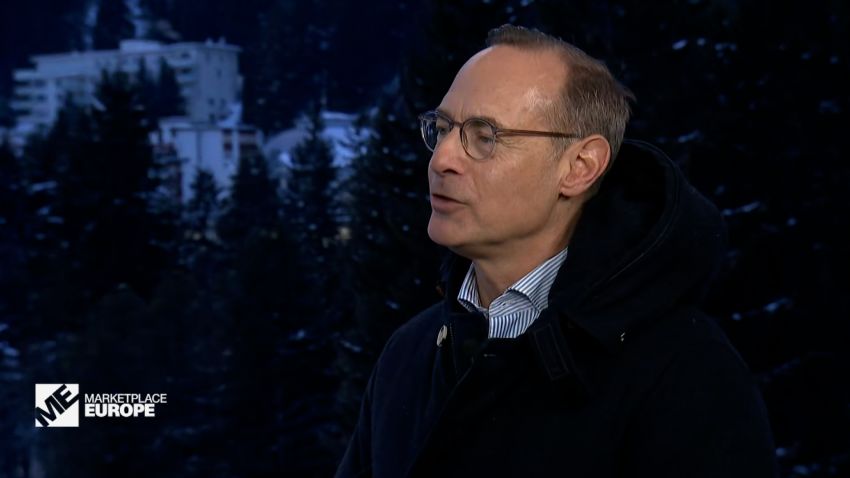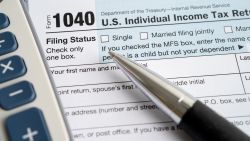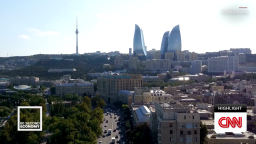The United Kingdom’s economy shrank in the third quarter of this year, according to revised official data, stoking concerns that it could be heading for a shallow recession.
The country’s gross domestic product fell by 0.1% in the three months to the end of September, compared with an initial estimate of no change, the Office for National Statistics said on Friday.
GDP data for the preceding quarter was also revised down to show no growth, compared with a previous estimate that the economy had expanded by 0.2% in the April-June period.
The ONS said output in the dominant services sector fell 0.2% in the third quarter, offsetting increases in construction and manufacturing. Consumer spending dropped 0.5% over the same period, a slightly bigger decline than the 0.4% the ONS had initially estimated.
Some analysts think the UK economy — grappling with inflation that remains high by international comparison and weighed down by elevated borrowing costs — could be flirting with a recession.
A recession is commonly defined as two consecutive quarters of economic contraction.
Ashley Webb, UK economist at Capital Economics, said the revised GDP figures may “mean that the mildest of mild recessions” had started in the third quarter, and showed that “the drag from higher interest rates is starting to hit households harder.”
“With the full effects of higher interest rates yet to feed through to the economy, we think consumer spending will fall further in Q4 2023 and Q1 2024,” Webb wrote in a Friday note.
UK consumer price inflation slowed to 3.9% in November but is still way ahead of the Bank of England’s 2% target (and compares unfavorably with US and Eurozone inflation at 3.1% and 2.4% respectively).
High interest rates continue to eat into household finances, said Sophie Lund-Yates, lead equity analyst at Hargreaves Lansdown.
“The contraction in the economy increases the chances of an official recession coming down the pipes in the new year,” she wrote in a Friday note.
Stagnation ahead
Even if the UK dodges a recession, its growth prospects are dim. The Office for Budget Responsibility (OBR) expects the economy to grow just 0.7% over next year, a significant drop from the fiscal watchdog’s March forecast of 1.8% growth and hardly any improvement on 2023’s performance.
The subdued outlook is “a result of weak real wage growth, the effect of past increases in interest rates and fading fiscal support,” the OBR said in its November report.
“It is plausible that only around half the impact of the past substantial rise in interest rates has yet fed through to the economy,” the OBR said, noting that a rise in the number of fixed-rate mortgages in the past few years had delayed the impact of interest rate hikes on many households’ disposable incomes.
Around 1.6 million fixed-rate mortgages are due to end in 2024, according to UK Finance, an association of banks and financial services firms.























